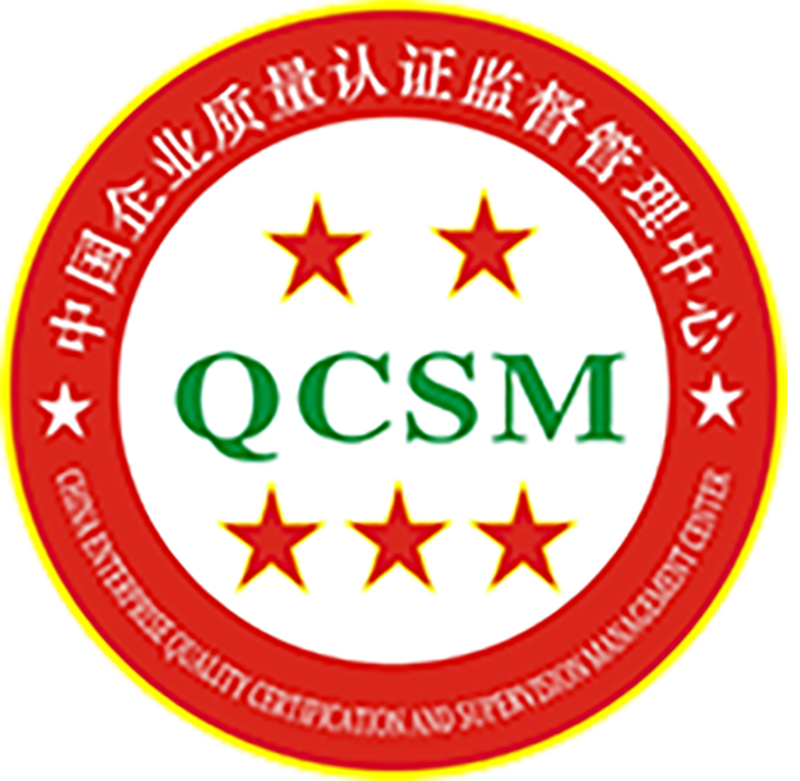Global moves to create circular economies and concerns over sustainability have highlighted the need for the textile industry to reduce its environmental footprint. To meet the sustainability challenge, many brands and retailers have committed to using sustainable fibers in their production. We can also see a growing demand for organic cotton and the rise of vegan fashion in the textiles industry.
1. Reduce microfiber pollution
Textile products are identified as one of the principle sources of microfiber pollution. Every time a garment is laundered it will release microfibers into the water system, which eventually end up in the environment. The textile industry and consumers are both looking for ways to reduce microfiber release. The industry is working towards a harmonized testing method for evaluating clothing, while consumers are making simple changes, such as adopting different laundering behavior. By washing garments less often or using milder washing conditions, the quantity of microfibers released into the environment can be gradually reduced. Products are also available on the market that claims to capture microfibers when they are released during laundering.
2. Growing organic cotton market
Many brands and retailers have committed to using sustainable fibers in their production. As a result, the use of organic cotton producers in the textile industry has grown rapidly since 2017, as shown in the textile Exchange’s 2020 Organic Cotton Market Report. According to the report, the cotton market grew by more than 30% in 2018/19 a trend that is expected to continue. The top five organic cotton-producing countries are India, China, Kyrgyzstan, Turkey, and Tajikistan which account for around 90% of global production.
3. The rise of vegan fashion
Veganism is another growing trend in many societies with individuals choosing to abstain from the use of animal products in their daily lives. It is reported that the number of people claiming to be vegan has increased seven-fold between 2014-2019. Veganism is defined as “a philosophy and way of living which seeks to exclude—as far as is possible and practicable—all forms of exploitation of, and cruelty to, animals for food, clothing or any other purpose.” Generally, clothing, textiles, bags, accessories, and footwear that claim to be “vegan” shall not contain animal-derived components (such as leather, fur, silk, feathers, down, bone, horn, shell, wool, cashmere, shearling, angora, animal skin, suede, or mohair). This includes animal-derived materials, adhesives, etc. used in the production
SGS is the world’s leading testing, inspection and certification company. We are recognized as the global benchmark for sustainability, quality and integrity.


















